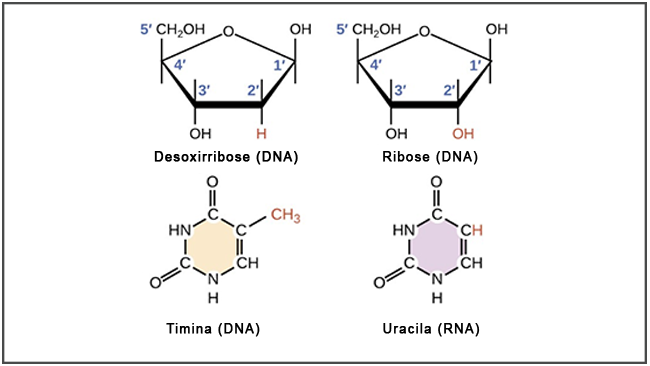Temporal paradox is when someone travels in time to the past, changes an action and thus changes the future events, making the action that motivated the time travel no longer exist, and with this, the trip itself would not exist.
This relationship of cause and effect in time is the basis of the temporal paradox, widely used by science fiction in the production of films, series, books, comic books, among others.
The temporal paradox is a philosophical challenge about the possibility of time travel, undoing through logical reasoning the reason for the trip itself.
To solve the temporal paradox, it was suggested the existence of parallel universes or multi-verses, which would be other dimensions in which it is possible to modify the past event and yet the character of the future continues to exist.
Many films and series have addressed the theme of temporal paradox, such as the Back to the Future trilogy (1985, 1989, 1990), The 12 Monkeys (1995), the Star Trek (2009) series film, The Lake House (2006), Harry Potter and the Prisoner of Azkaban (2004), Butterfly Effect (2004), Interstellar (2014), and over the decades the BBC series Dr. Who also rescues the subject matter.
The issue of temporal paradox is also raised in the fantasy world, by the HBO series Game of Thrones, in the sixth season episode The Door. In the story, the character Bran is able to have visions about the past, and in one of them he ends up influencing the destiny of the character Hodor.
grandfather's paradox
One of the clearest examples of temporal paradox is the grandfather paradox. If someone travels through time and kills his grandfather before he meets his wife, the time traveler's own life would not exist. For there would be no life for your father or mother, and therefore your own life.
twins paradox
The twin paradox is part of Albert Einstein's Theory of Relativity. He compares the actual ages of two twin brothers, one staying on earth and the other traveling to space. As time in space passes more slowly, the brother who stays on earth ages faster, and the twin who is in space, when he returns, would be younger than his brother.
But this is not a temporal paradox, as it confirms that time can run differently on earth and space, but it is not about past travels and changes in the timeline.
Learn more about the meaning of paradox.
See too:
- Time travel


